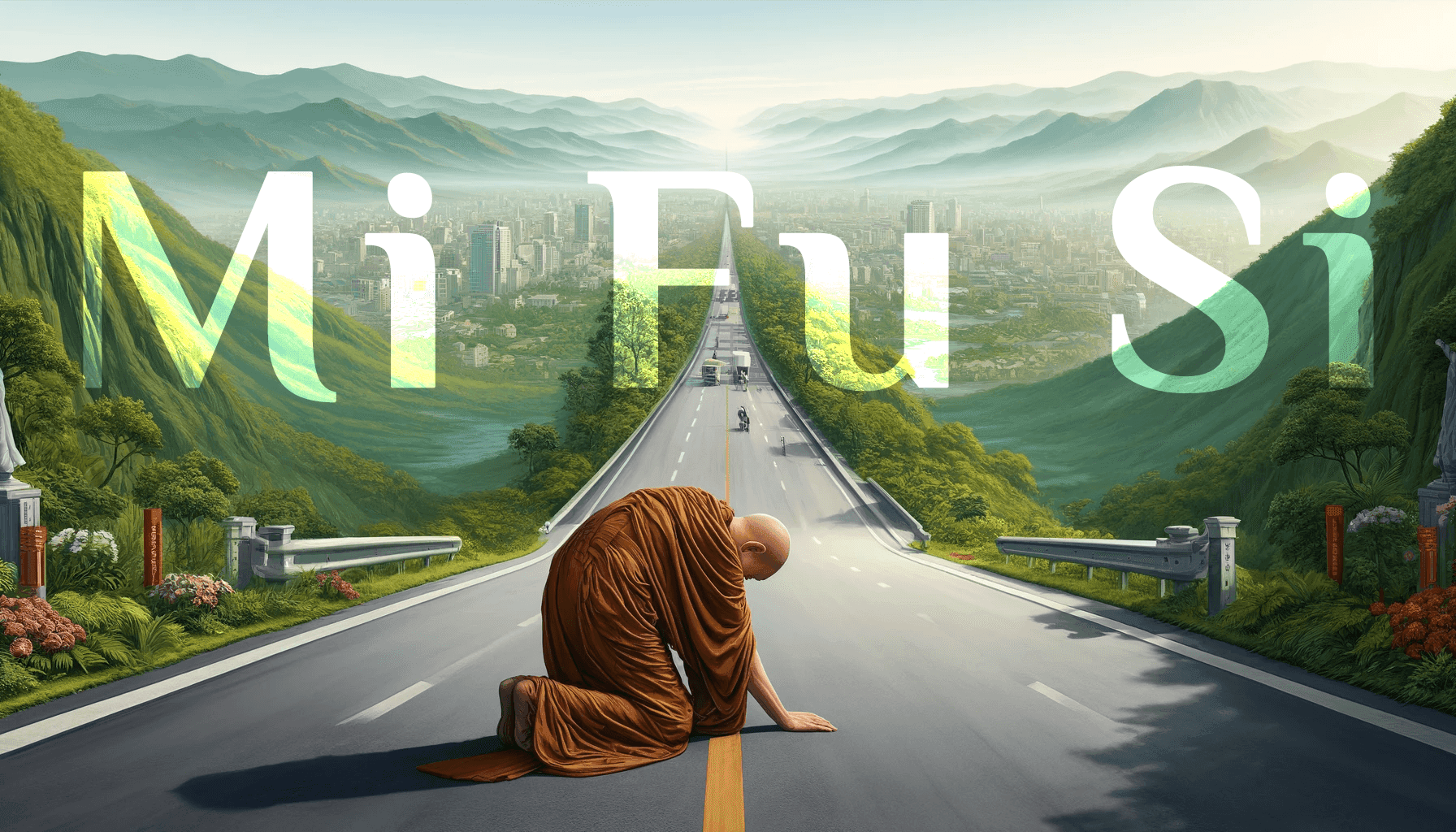In recent news from Tuổi Trẻ (Youth) newspaper, Venerable Thích Tâm Mẫn of Hoằng Pháp Pagoda commenced a pilgrimage from Ho Chi Minh City to Yên Tử (Quảng Ninh) using the method of “nhất bộ, nhất bái” (one step, one bow) to pray for national peace.In ancient Chinese Buddhist history, Hòa Thượng Hư Vân undertook a pilgrimage known as “tam bộ nhất bái” from Phổ Đà Mountain to Ngũ Đài Mountain (covering 3000 miles) to express gratitude to his parents and pay homage to an Enlightened Being who helped his teacher.
American disciples Hằng Do and Hằng Cụ, students of Master Tuyên Hóa from Kim Sơn Monastery in San Francisco, followed suit by performing the “tam bộ nhất bái” from San Francisco to Seattle, Washington state, to pray for world peace.
Additionally, American disciples Hằng Thật and Hằng Triều undertook the “tam bộ nhất bái” from Kim Luân Temple in Los Angeles to Vạn Phật Thành in San Francisco between May 1977 and October 1979.
A segment on the Discovery Channel featured a Tibetan youth who embarked on a months-long journey to a sacred mountain in the Himalayas, prostrating every few steps to pray for his mother’s well-being.
In the UK, in 2004, Venerable Thích Trí Như from Linh Sơn Temple (Tịnh Độ) performed the “tam bộ nhất bái” pilgrimage to Scotland (a distance of 481 km) to pray for world peace and human happiness.
The Scriptures warn: “When you pray, don’t be like those hypocrites who love to pray publicly for show. They’ve already gotten their reward. Instead, go into your room, shut the door, and pray to your unseen Father. He will reward you openly. And when you pray, don’t babble on and on like the pagans, thinking your many words will impress. God knows what you need before you even ask!” (Matthew 6:5-8).
While undertaking a pilgrimage and praying along the way to fulfill personal desires, even if uncertain, may seem understandable to some extent. To employ such absurd methods to pray for world peace, insinuating that humanity’s tranquility hinges on one’s ludicrous antics, is nothing short of comical. It’s akin to the false advertising antics of the Chinese from Shan Dong, who showcase martial arts performances to draw crowds and then promote their supposed panacea products.
Related Post

THE EVIL FOX MURDERS DAJI
Since his visit to the temple of Goddess Nu Wa, King Zhou was so infatuated with her beauty that he...

Introduction To Religious Scholar Triệu Phước.
Scholar Trieu Phuoc (born in 1948 in Tra Vinh, Vietnam) is a Tantric guru, has the name Buu Son, Duc...
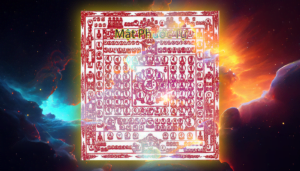
Chapter II: III – BRIEF HISTORY OF SECRET BUDDHISM IN JAPAN
Four superior Buddhist priests and others had brought the theory and practice of Buddhism to Japan. From that time, Secret...
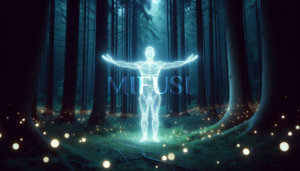
Story 10 -Mystical Practice of Invibility
Story 10 -Mystical Practice of Invibility Câu chuyện số 10 - Phép Tàng Hình by ThầyGià on 12 November 2008,...

Delusional Disorder
Delusional Disorder (Bệnh hoang tưởng của tu sĩ by BìnhChâu on Sun Apr 11, 2010 12:45 pm, translated by ngocxuan....
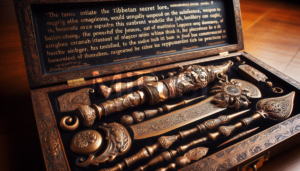
The Enchanted Dagger
The Enchanted Dagger BÌNH LUẬN: Cây đao phép (D.Neel); by XuanThu on Mon Jan 19, 2009 2:16 pm. (Excerpt from...
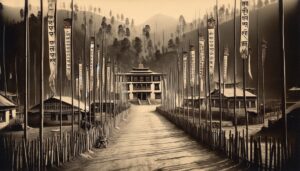
An Ascetic and the Dalai Lama
An Ascetic and the Dalai Lama (Excerpt from Alexandra David-Neel’s Magic and Mystery in Tibet, Dover Publications, Inc., 1971) Thubten...

YUN ZHONG ZI OFFERS THE MAGIC SWORD
Yun Zhong Zi is an Immortal residing in Chung-Nam Mountain. One day, while gathering herbs, he noticed an evil aura...
